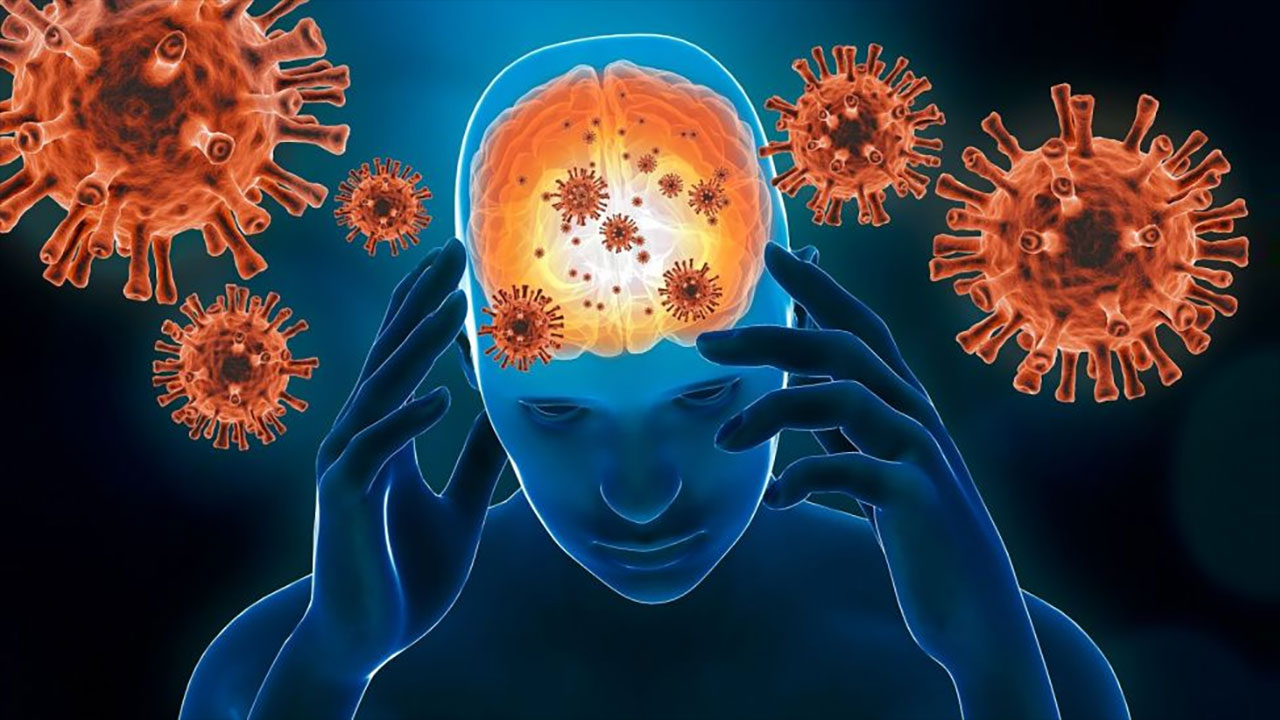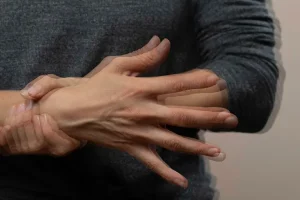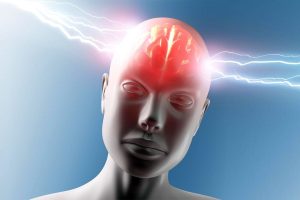Is There a Relationship Between Neurological Diseases and Past COVID-19 Infection?

Is There a Relationship Between Neurological Diseases and Past COVID-19 Infection?
The COVID-19 pandemic has profoundly impacted healthcare systems and individuals’ lives worldwide. Since the beginning of the outbreak, it has been discovered that the disease is not only confined to the respiratory system but also affects various organs and systems. In this context, the relationship between neurological diseases and COVID-19 has become a significant research topic. Specialist Dr. Mustafa Zafer Demirtaş, working at the Alanya neurology clinic, evaluates the neurological effects of COVID-19 and the related studies.
COVID-19 and Neurological Symptoms
COVID-19 is an infection caused by the SARS-CoV-2 virus, primarily targeting the respiratory tract. However, it has been proven that this virus also affects the central nervous system and can lead to neurological symptoms. Common neurological symptoms observed in COVID-19 patients include headaches, dizziness, loss of taste and smell, muscle pain, and changes in consciousness. In more severe cases, serious neurological disorders such as encephalitis, meningitis, cerebrovascular diseases, and Guillain-Barré syndrome can occur.
The Relationship Between Neurological Diseases and COVID-19
The relationship between neurological diseases and COVID-19 is a multifaceted issue. It is believed that COVID-19 can affect the course and severity of the disease in individuals with existing neurological conditions. Especially in individuals with chronic neurological diseases such as Alzheimer’s disease, Parkinson’s disease, and multiple sclerosis (MS), COVID-19 infection can progress more severely and increase the risk of complications.
Neurological Complications of COVID-19
In individuals who have had COVID-19, neurological complications may continue even after the acute infection phase. This condition is characterized by a syndrome known as “long COVID,” which includes persistent symptoms after the infection. Commonly reported symptoms in long COVID include fatigue, attention deficits, memory problems, and sleep disturbances. Additionally, some patients may experience peripheral nervous system involvement such as neuropathy and myopathy.
Neurological Effects of COVID-19 at Alanya Neurology Clinic
At the Alanya neurology clinic, Specialist Dr. Mustafa Zafer Demirtaş conducts comprehensive evaluations on the neurological effects of COVID-19. Dr. Demirtaş applies specific diagnostic and treatment protocols for patients with neurological symptoms following COVID-19. In this process, it is crucial to thoroughly examine the neurological status of patients and determine appropriate treatment methods.
Management of Neurological Diseases and COVID-19
The COVID-19 pandemic has posed additional challenges in managing individuals with neurological diseases. It is vital to protect these individuals from infection and ensure they receive appropriate treatment if they become infected. The services provided by Specialist Dr. Mustafa Zafer Demirtaş at the Alanya neurology clinic help patients with neurological diseases maintain their health during the COVID-19 pandemic. In this context, patients are informed about treatment methods that strengthen the immune system and preventive measures against COVID-19.
Conclusion
The relationship between neurological diseases and past COVID-19 infection is one of the most important research topics today. The neurological effects of COVID-19 and the long-term consequences of these effects are being extensively studied. Specialist Dr. Mustafa Zafer Demirtaş, working at the Alanya neurology clinic, makes significant contributions with his work and patient evaluations in this area. It is crucial for individuals experiencing neurological symptoms following COVID-19 to be evaluated by a specialist neurologist and for appropriate treatment methods to be determined. Understanding the relationship between COVID-19 and neurological diseases and taking necessary precautions is essential for a healthy life.







